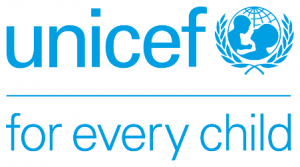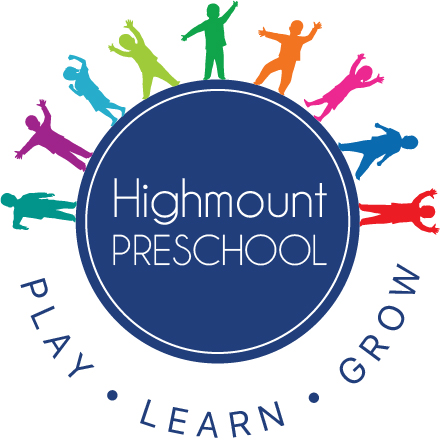
The United Nations Convention on the Rights of the Child
The United Nations Convention on the Rights of the Child (UNCRC) was agreed to by the United Nations General Assembly and came into force in September 1990. Australia ratified the Convention in December 1990, therefore formally approving the Convention and ensuring that all children in Australia enjoy the rights set out in the treaty.
The UNCRC outlines the rights of children in international law. It contains 54 articles that cover all aspects of a child’s life and set out the civil, political, economic, social and cultural rights that all children everywhere are entitled to.
The articles within the UNCRC are embedded within the objectives and guiding principles of the National Quality Framework (NQF) and the Early Years Learning Framework (EYLF) Likewise, the Early Childhood Australia (ECA) Code of Ethics is based on the principles of the UNCRC.
The EYLF advocates that early childhood educators must uphold all children’s rights to have their cultures, identities, abilities and strengths acknowledged and valued, and respond to the complexity of children’s and families’ lives (EYLF, p.13). The National Quality Standard (element 1.1.2) promotes that this forms the foundation of the program.
The Australian Early Years Learning Framework states that ‘early childhood educators will reinforce in their daily practice the principles laid out in the United Nations Convention on the Rights of the Child’.
